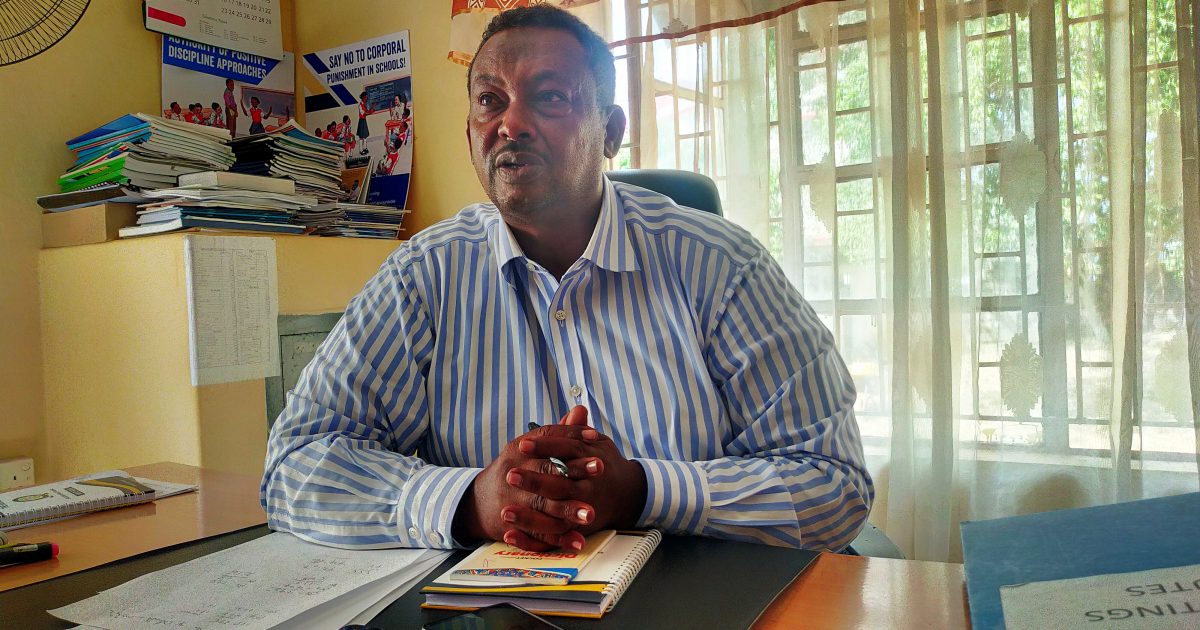Transition to the new Junior Secondary School (JSS) at grade seven stands at 92 per cent while that of Form One stands at 74 per cent in Kwale County, area Director of Education (CDE) Ahmed Abdi says.
He said the government was doing everything possible to provide the necessary infrastructure that would help children to acquire basic education and asked parents to reciprocate the gesture by providing their children with their other needs that would enable them to stay in school.
“We are alive to the fact that the ongoing drought situation in parts of Kwale has negatively affected the transition of grade six learners to grade seven in the new CBC system and the transition to Form One,” he said.
He urged parents to embrace the new Competency Based Curriculum (CBC) with the seriousness it deserves noting that the ongoing education reforms would be a mirage if parents failed to send their children to school.
Abdi, who was in the company of the County Education Quality Assurance Officer Ms. Hellen Arunga, spoke to the press in his office in Kwale town, saying that the government has rolled out free day secondary education and cost in education should no longer be a barrier to any child of school going age.
“Last week, we took to secondary schools 12 girls who were staying at home in Shimba Hills sub county and a boy who scored 341 marks in KCPE but working as a waiter at a local hotel in Matuga sub county,” said Abdi.
He said chiefs, their assistants and village elders were assisting education officials to trace all class eight candidates who failed to join form one this year.
“The grassroot administrators are helping us identify children who have been unable to report to secondary schools and taking them to class,” he said, adding that children have a right to basic education regardless of the economic situation of their parents.
The education official warned school authorities against sanctioning unnecessary school levies that go a long way in denying children a chance to proceed to secondary education.
He decried those harmful cultural practices like female genital mutilation, early marriages, forced marriages and teenage pregnancies continue to force girls out of school in the region.
“All these retrogressive practices deny the girl child good health, education and economic opportunities in life,” he said adding that it was retrogressive to the development of a human life and to the nation as a whole.
Abdi says the government has done its part with the provision of free day secondary school and school feeding programmes to encourage children to be in school.
By Mwanasiti Salim and Hussein Abdullahi




